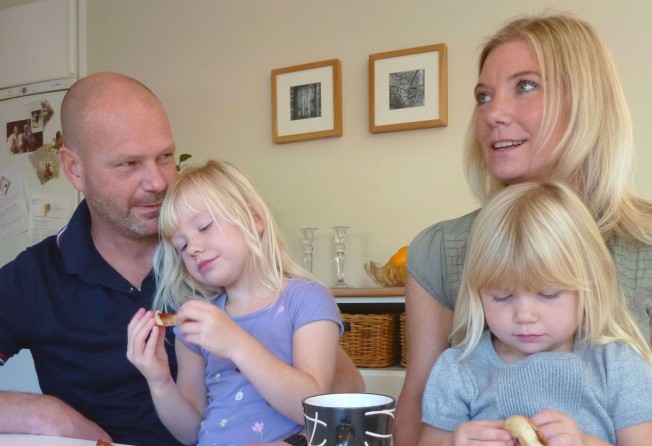Why spanking children should also be banned in home setting in Hong Kong

I am writing in response to Yonden Lhatoo’s column on the debate about spanking as a means of disciplining children (“Should Hong Kong ban spanking of children at home as well as in school?” January 12). Against Child Abuse’s response is a definite “yes”.
Lhatoo, while pointing out the ill effects of corporal punishment on child development and behaviour from research, seemed at the same time to think that we should enhance children’s resilience by not sparing the rod.
If banning corporal punishment in school is supported because some teachers turned corporal punishment into “criminal assault”, what is the guarantee that this does not occur at home? Of the over 900 new child abuse cases each year registered in Hong Kong’s Child Protection Registry over the last decade, about half are cases of physical abuse.
We need to ask ourselves how many more children need to be victims of physical abuse before we take more concrete steps to protect them by prohibiting corporal punishment, including in the home setting.
Children need discipline. There is no doubt about this, but discipline is not equivalent to corporal punishment. There are numerous means of positive parenting without resorting to violence against children, and parents should be educated and supported to use such means.
Cultural attitude changes do not come about overnight. For the country mentioned by Lhatoo, Sweden, the first to ban corporal punishment including at home in 1979, there was no significant difference in the percentage of young to middle-aged adults reporting being slapped by parents between 1958 (20 per cent) and 1981 (18 per cent), but this dropped to 2 per cent in 2011.
Sweden had not seen more parents incarcerated with the ban but rather more supportive measures for families, a reduction in youth crimes and suicide. Over 50 other countries have undertaken a similar ban.
We are lagging far behind and failing in our obligation to protect children, when the United Nations Committee on the Rights of the Child has repeatedly called upon Hong Kong to ban corporal punishment in all settings.
If we want a harmonious society and a peaceful world, our children should not be growing up in an environment where they learn violence is an acceptable means of conflict resolution.
Dr Patrick Cheung, chairperson, Against Child Abuse